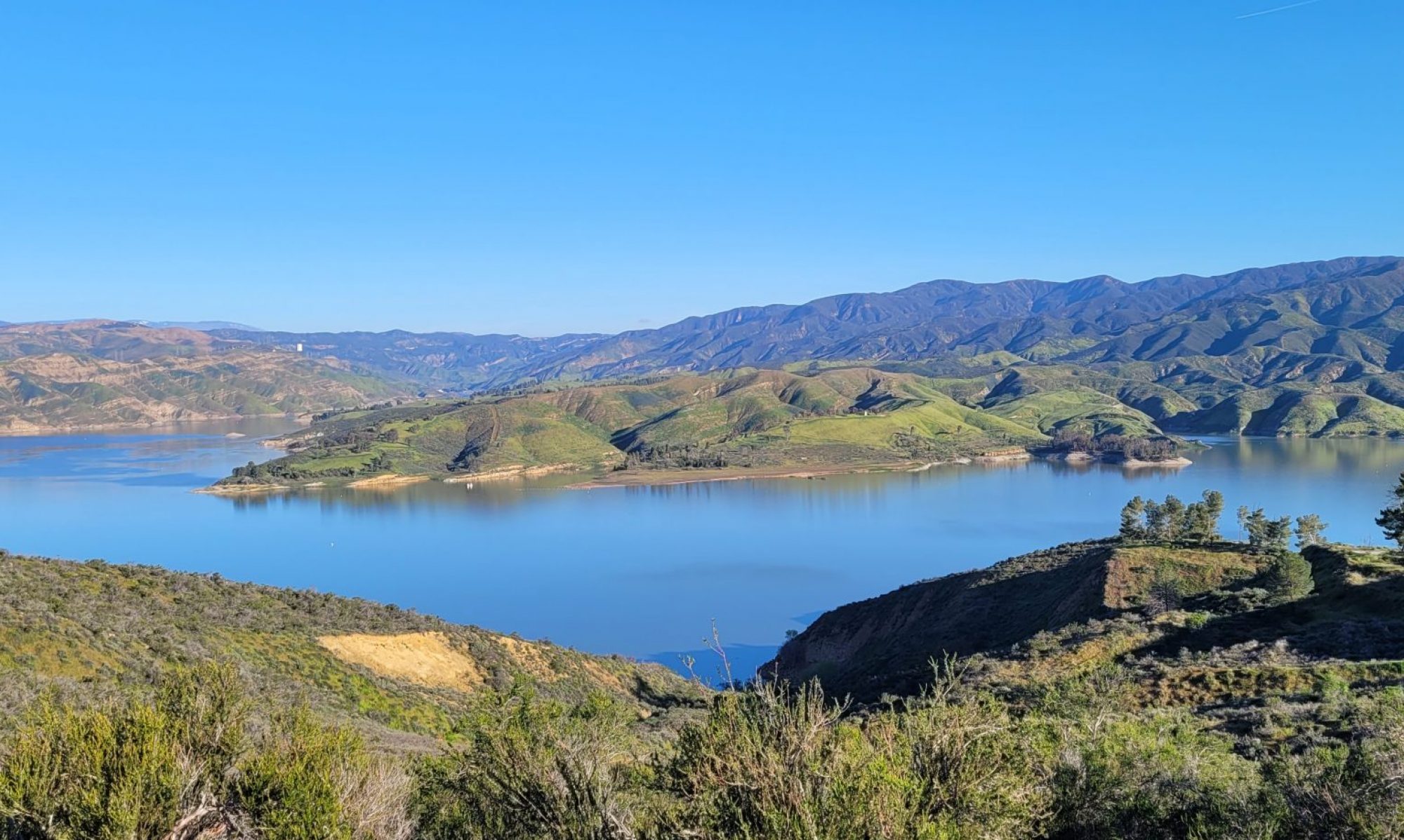
Despite Gil-Scott Heron’s poem to the contrary, the revolution is being televised. News today is conveyed more through film than through words, though we usually need to see the headline in order to find the video during which people are reading from scripts. When there’s a big march, we see it depicted in video, from paid news programmers and live participants, waving their cameras around, showing pictures of clever protest signs with written slogans…
Nope. Nope. Much as I try to visualize it, the words just don’t go away. No matter how ubiquitous video has become, it will not entirely replace text. The art forms will continue to jostle each other for a share of your head space.
Will We All Turn Into Vloggers?
The question I’m pondering today was posed in the blogging community by Salted Caramel, who prompted bloggers about where they saw their blog going in 2020. Among other thought-provoking questions, what caught my eye was about the rise of vlogs:
Continue reading “The Blog Will Not Be Televised”In your opinion how relevant or popular are text based blogs (as opposed to vlogs) going to be in 2020 ? …YouTube videos made by veteran bloggers… claimed that all bloggers would need to get on the video bandwagon in 2020 if they were to survive. Their reason was that people no longer have time for text based content...
Question on Blogging Insights from the blog Salted Caramel



